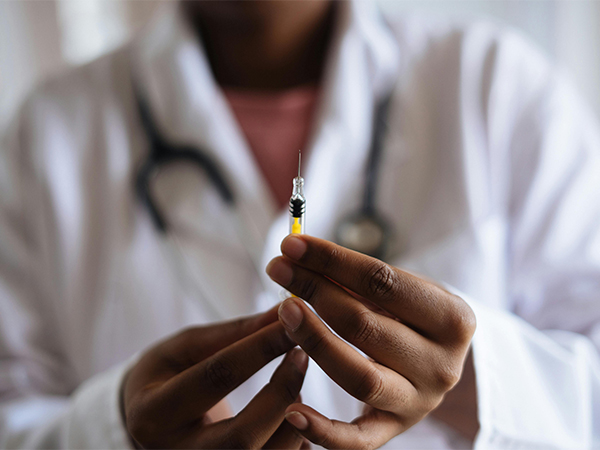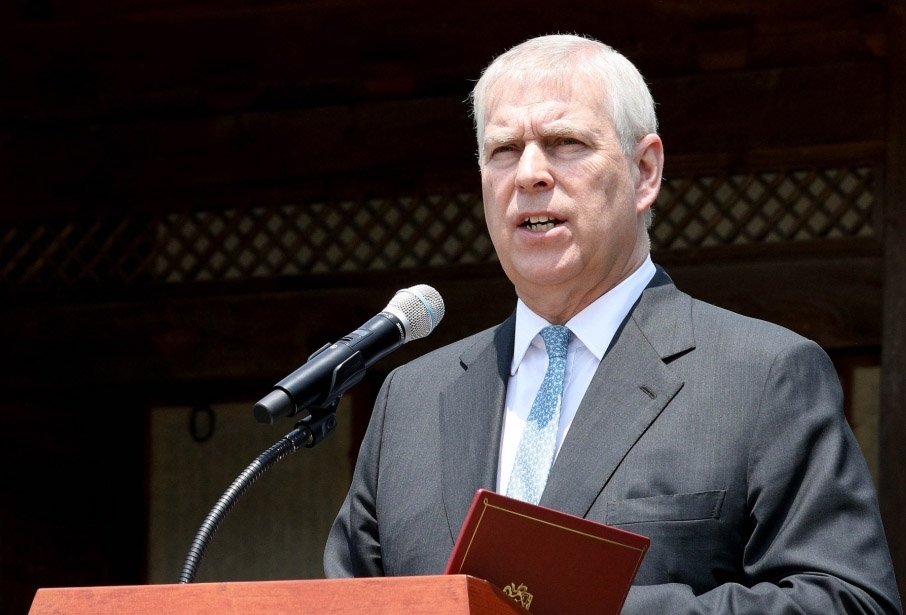Analysis led by Imperial College London has suggested the vaccine known as 4CMenB could avert up to 1,00,000 cases of gonorrhoea and save the NHS over GBP 7.9 million over the next decade, if high uptake is achieved and an ongoing programme is confirmed
The UK’s National Health Service (NHS) and local government are launching the world’s first routine gonorrhoea vaccination programme.
Starting in early August, eligible individuals, primarily gay and bisexual men with recent histories of multiple partners or sexually transmitted infections (STIs), will be offered the vaccine through local sexual health services.
The NHS said, “Eligible patients, which includes gay and bisexual men who have a recent history of multiple sexual partners or a STI, will start to be offered the vaccine through local authority-commissioned sexual health services from early August.”
It added, “It comes after the government accepted the Joint Committee on Vaccination and Immunisation’s (JCVI) advice for an NHS roll out of the vaccine amid a record high 85,000 gonorrhoea diagnoses in England in 2023 – 3 times higher than in 2012.”
According to UK Health Security Agency (UKHSA) research, people who receive the jab, an existing vaccine for meningococcal B disease, 4CMenB, could be protected from gonorrhoea by up to 40 per cent and help tackle the increasing levels of antibiotic-resistant strains of the disease. UKHSA is supporting NHS England with the programme’s rollout.
Analysis led by Imperial College London has suggested the vaccine known as 4CMenB could avert up to 1,00,000 cases of gonorrhoea and save the NHS over GBP 7.9 million over the next decade, if high uptake is achieved and an ongoing programme is confirmed.
“Local providers will identify and contact those eligible through sexual health services, with vaccinations starting from early August. Eligible people will also be offered mpox, hepatitis A and B and human papillomavirus (HPV) vaccinations when attending their appointment for the gonorrhoea vaccine,” the release stated.
NHS England’s National Director for Primary Care and Community Services Dr Amanda Doyle said, “The launch of a world-first routine vaccination for gonorrhoea is a huge step forward for sexual health and will be crucial in protecting individuals, helping to prevent the spread of infection and reduce the rising rates of antibiotic resistant strains of the bacteria.”
Doyle added, “NHS teams across the country are now working hard to plan the rollout and ensure we hit the ground running, while the routine mpox vaccination programme builds on the vital progress the NHS has made in recent months in reaching as many eligible people as possible.”
Gonorrhoea is an STI passed on through sex and if not treated, can cause serious health problems such as infections in the eyes, testicles or prostate. It is the second most commonly diagnosed STI in England, but not everyone gets symptoms of gonorrhoea. Symptoms include a burning pain when you pee, fluid or discharge coming out of your genitals, and pain in your testicles or lower abdomen.
High-risk individuals in Scotland are expected to be offered the vaccine under plans being worked on by Public Health Scotland, while Northern Ireland’s Public Health Agency said a targeted vaccination programme was being planned, to protect those at highest risk.
At the appointment patients will also be offered jabs for mpox, human papillomavirus (HPV), and hepatitis A and B.
Doyle added: “NHS teams across the country are now working hard to plan the rollout and ensure we hit the ground running, while the routine mpox vaccination programme builds on the vital progress the NHS has made in recent months in reaching as many eligible people as possible.”
Gonorrhoea is the second most common bacterial sexually transmitted infection in the UK. Symptoms can include green or yellow discharge, pain when urinating and pain and discomfort in the rectum. For women, symptoms can include lower abdominal pain or bleeding between periods. However, many people do not have symptoms.
The jab contains proteins from neisseria meningitidis – the bacteria that causes meningococcal disease – which is closely genetically related with neisseria gonorrhoeae, the bacteria that causes gonorrhoea. Studies by the Joint Committee on Vaccination and Immunisation (JCVI) suggest the 4CMenB vaccine has between 32.7% to 42% effectiveness against gonorrhoea, and while vaccination would slash the risk of becoming infected it would not eliminate it completely.
However, the JCVI said the vaccination would be beneficial, as previous gonorrhoea infection is thought to offer little protection against future infections. The programme comes amid warnings that cases of gonorrhoea that are resistant to the antibiotic ceftriaxone – usually the first line of treatment – are on the rise in England.
This means the bacteria that causes the STI has developed the ability to survive and multiply even when exposed to the antibiotic. Some cases are also classed as “extensively drug resistant” – or XDR – meaning the infection did not respond to ceftriaxone or the second line of treatment.
In March, the UK Health Security Agency (UKHSA) revealed there were 17 cases of ceftriaxone-resistant gonorrhoea between January 2024 and March 2025. In the same period, there were nine XDR cases reported, compared with five cases between 2022 and 2023.
Dr Sema Mandal, consultant epidemiologist and deputy director at UKHSA, said: “Not only will this rollout provide much needed protection to those that need it most, but it will make the UK the first country in the world to offer this protection and a world leader in protecting people against gonorrhoea.” The health minister Ashley Dalton urged people to take up the vaccine offer “not only keep each other safe but help tackle the growing threat of antibiotic resistance”.
She added: “By targeting those most at risk, we can reduce transmission rates from this unpleasant disease that is becoming harder to treat and prevent thousands of cases over the next few years.”














